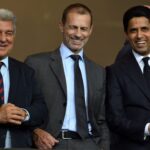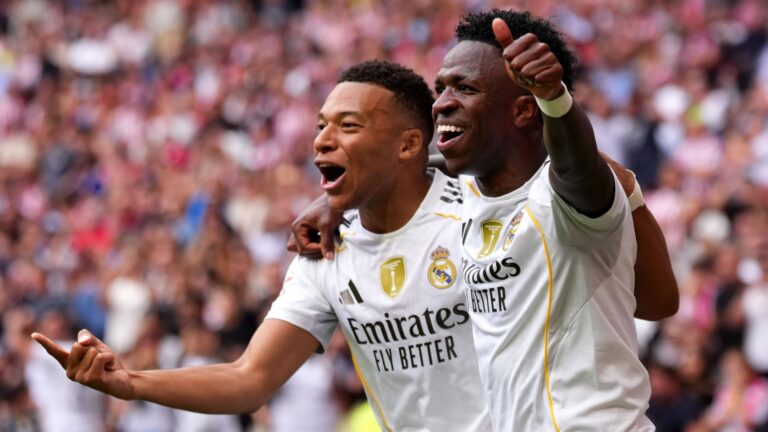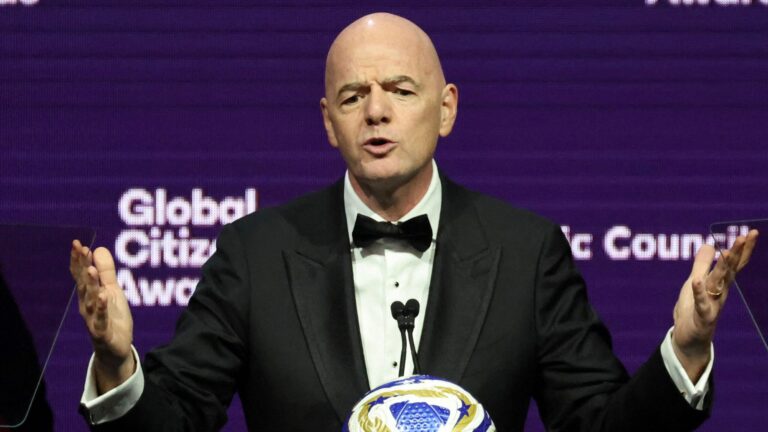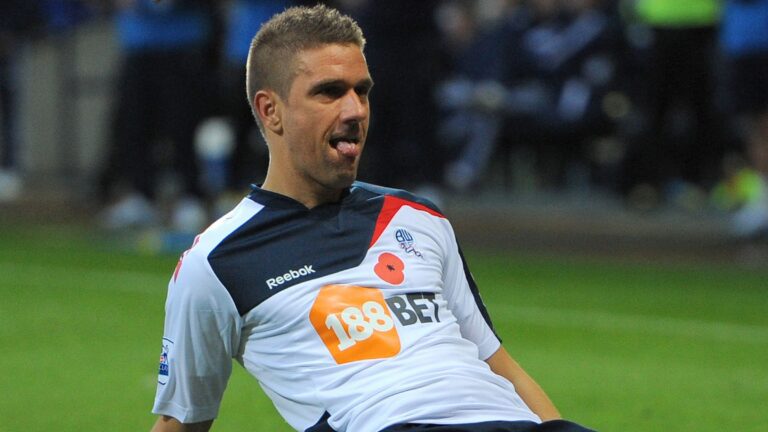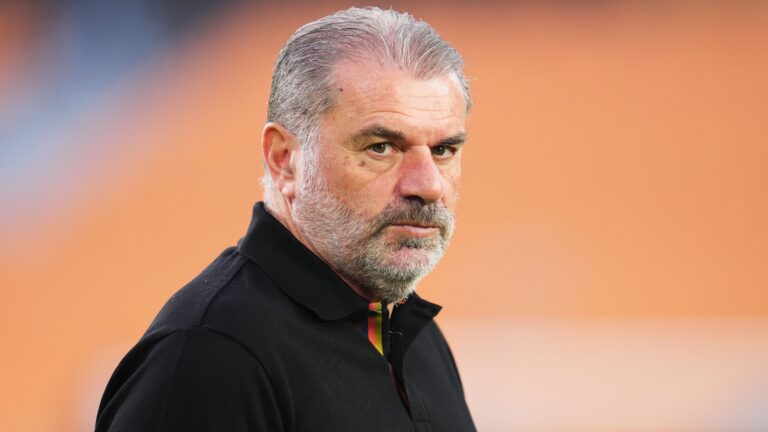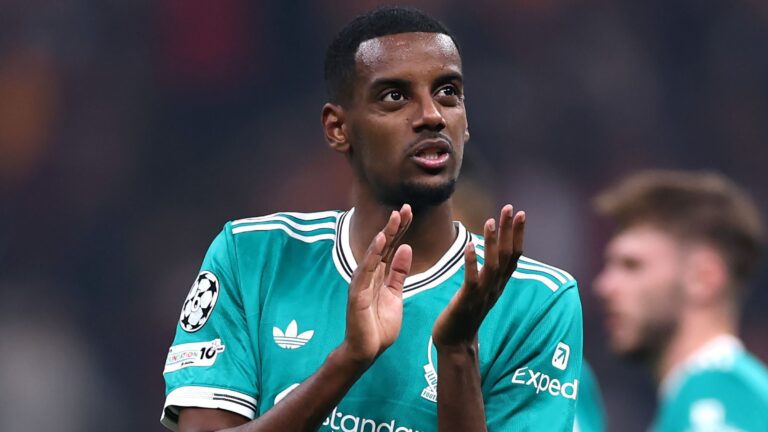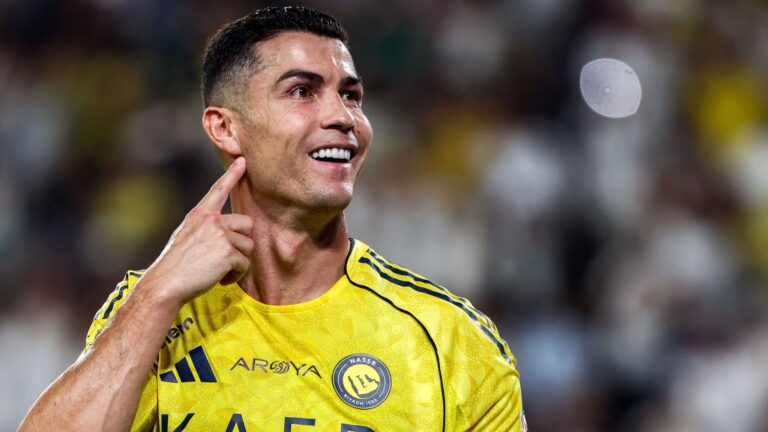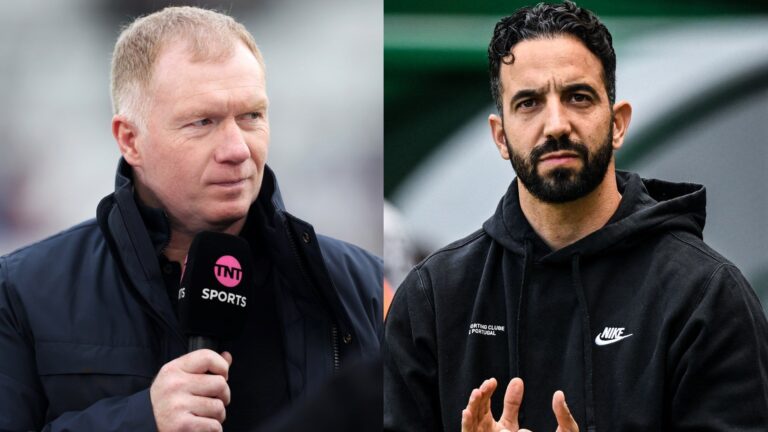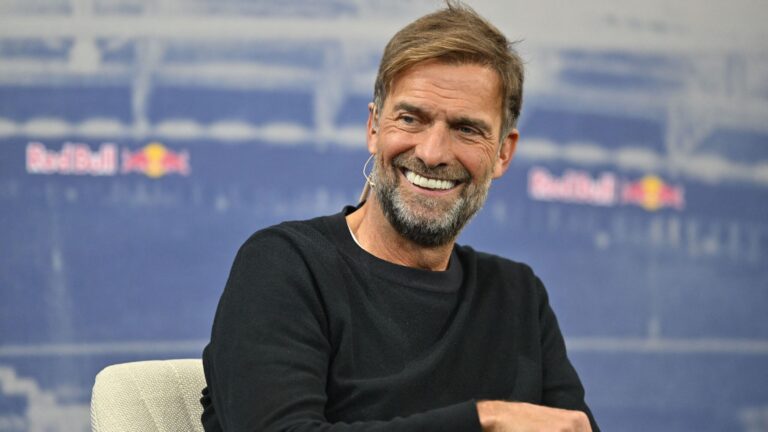


The European Super League (ESL), announced in April 2021 by 12 top clubs including Barcelona, promised guaranteed spots and significant financial rewards, estimating over €10 billion (£8.7bn/$11bn) in solidarity payments and bonuses. But the plan faced immediate opposition from fans, players, UEFA, FIFA, governments and most clubs.
The backlash severely damaged Barcelona’s reputation and threatened their relationship with UEFA. The club have since abandoned the project and are actively seeking to mend ties with European football authorities, emphasising cooperation, dialogue and trust-building.
Barcelona president Laporta attended a meeting in Rome organised by Paris Saint-Germain president Al-Khelaifi, who sits at the head of the EFC (formerly known as the European Club Association) and UEFA chief Aleksander Ceferin, signalling the club’s intent to reconcile.
“Nasser, the president of the EFC, invited us. We graciously accepted; there’s a very good relationship. With FC Barcelona, we’re in favour of pacifying European football; we want an agreement and a return to UEFA. By coming here, we want to build rapport and for this agreement to be reached. They’re behaving very well, they’re showing us a lot of respect. We have to do everything necessary to reach an agreement. Barça is on this path; it was our role to build bridges, both with Nasser and Ceferin,” said Laporta.
The ESL’s announcement triggered massive protests from fans, who viewed it as a greedy and elitist betrayal of football values. Players and coaches voiced strong opposition, emphasising sporting merit and competitive fairness, while UEFA and FIFA threatened sanctions against clubs and players.
Most founding clubs quickly withdrew under pressure, leaving Barcelona and Real Madrid as the main defenders. The collapse highlighted the risks of undermining domestic leagues, damaged club reputations, and forced UEFA to revamp its competitions, ensuring financial and competitive stability while reducing incentives for breakaway leagues.
Former Liverpool manager Jurgen Klopp was strongly against the ESL, warning that changing the game in a way that benefits only a few would harm football. Former Manchester United manager, Sir Alex Ferguson, also opposed the plan, highlighting that it would move away from 70 years of European club football and create a closed shop at the top level.
UEFA President Ceferin criticised the ESL organisers, noting that supporters were being treated as consumers, fans as customers, and competitions as products, with greed and money taking precedence over solidarity and glory.
Having formally distanced itself from the Super League, Blaugrana are focused on cooperation within UEFA frameworks and positive engagement with European clubs. The Rome meeting represents the first step in rebuilding relationships. Barca aims to restore trust and emphasise merit-based competition signaling a new chapter in European football.

